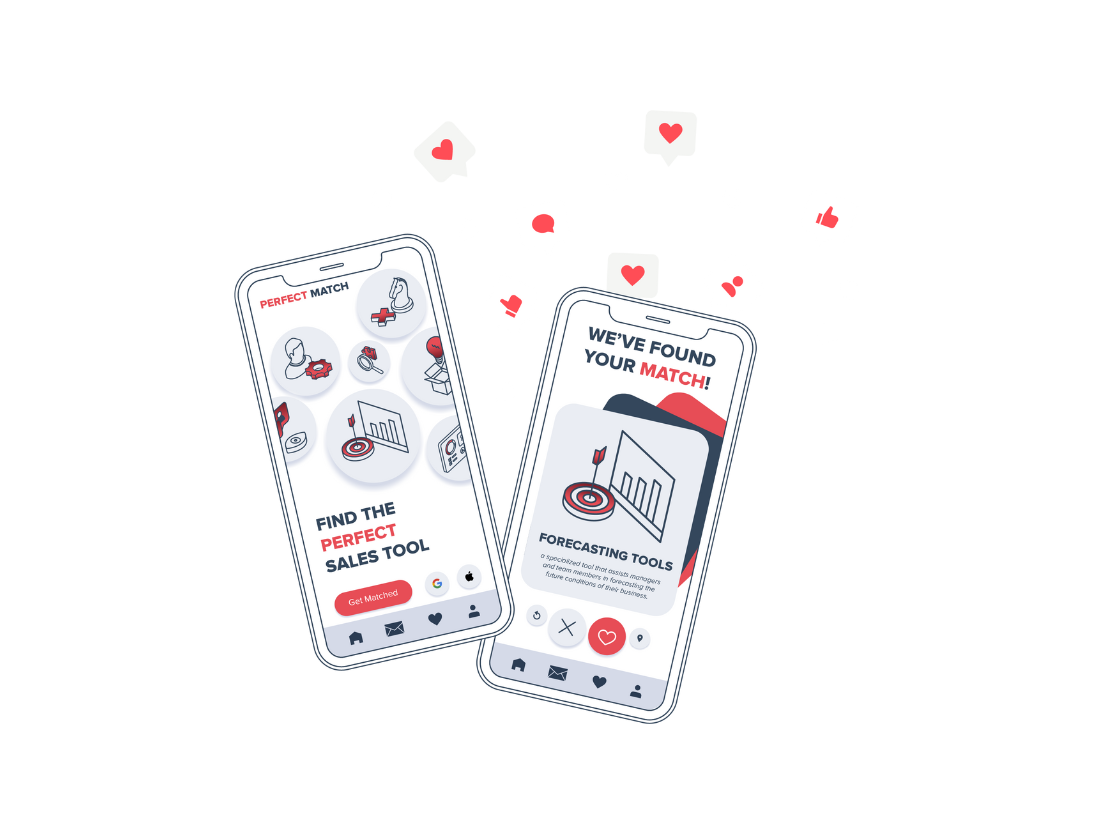HubSpot vs. Microsoft Dynamics, another battle for the ages. But which CRM is the better choice for your business? In a previous post, we looked at whether organisations should leave Salesforce for HubSpot. In this post, we unpack the benefits of using either HubSpot or Microsoft Dynamics as your CRM.
In a crowded marketplace, CRM is a must-have tool for attracting new prospects and retaining current customers. In fact, CRM is so important to modern sales and marketing that 91% of companies with more than 10 employees have a CRM — according to a recent report by Grand View Research.
When researching systems, many organisations settle on two juggernauts of the CRM world; HubSpot and Microsoft Dynamics. But which CRM is right for your business? After all, only one option should be better suited to help you achieve your business objectives.
HubSpot vs. Microsoft Dynamics
Let’s compare HubSpot vs Dynamics 365 to uncover which CRM is best suited to your business needs. We’ll start with the most pressing question — what can each CRM do for you?
Comparing CRM features
Both Microsoft Dynamics and HubSpot are cloud-based platforms with tools to empower your sales, marketing, customer service, and operations teams. Despite aiming to capture similar markets, these platforms are informed by vastly different approaches to CRM.
On the one hand, Dynamics aims to provide a comprehensive portfolio of business applications to try and cover every business need. In line with this, Dynamics also offers additional tools for finance, human resources, and commerce. While this array of features may be valuable to some businesses, it adds layers of complexity that makes it difficult to onboard staff.
Conversely, HubSpot is hyper-focused on creating a user-friendly CRM that is easy to use and quick to master. This focus on usability makes it easy to set up integrations, organise data, and configure your CRM.
Pricing
As Microsoft Dynamics has a complicated licensing structure, it’s tricky to determine how much their CRM will cost you when compared with HubSpot. Some of Dynamic’s features may also be locked behind pay-walls. For example, enabling your sales representatives to operate in a shared inbox will cost you extra.
Hidden costs and complex licensing aside, Microsoft Dynamic generally changes per user. HubSpot differs in that they charge for platform access and you only pay for additional revenue-generating sales seats. When looking at HubSpot’s enterprise-level sales platform, you’ll expect to pay $1,200 per month for 10 users. Dynamic’s equivalent product will cost you between $950 and $1,350, depending on the package.
Scalability and customisation
Both CRMs can easily scale alongside your business. HubSpot takes a tiered approach to their CRM packages, meaning that you only pay for the functions you need. But as your business scales and you begin needing more advanced tools, unlocking more functionality is as simple as upgrading your HubSpot account. When it comes to customisation, HubSpot’s elegant custom objects feature lets you tailor data structures and adapt how you store information and track interactions.
Like HubSpot, many of Dynamics’ CRM services operate on a tiered system. Along with upgrading your account as your needs require, Dynamics has many purchasable plug-and-play apps that add functionality to your CRM. While Dynamics boasts powerful customisation options, Dynamic’s less intuitive system means that team members need higher technical skills to customise their CRM.
Usability and adoption
HubSpot is well-known for its usability. PC Mag, for instance, recently declared HubSpot the easiest CRM to use. This is a big deal as poor usability is a key reason why CRM adoptions fail. Alongside its intuitive design, all of HubSpot’s services are made with a unified codebase, creating a consistent user experience where tools work in tandem with each other. These factors lead to faster CRM adoption and faster ROI, especially as many onboarding pains are eliminated.
While Microsoft Dynamics is sophisticated enough to handle contacts for massive, complex organisations, the platform suffers from outdated interfaces and unintuitive processes. These aspects make Dynamics challenging to learn and may prevent your teams from getting the maximum value from your investment.
Dedication to innovation
By investing in a CRM, you’re forming a long-term partnership. This is why it’s crucial to choose a CRM that is constantly innovating its offerings. Both HubSpot and Microsoft Dynamics have displayed a dedication to innovating their offerings.
HubSpot, for instance, has recently expanded its service by launching Operations Hub. This new product gives HubSpot users the tools to improve their business processes while staying within the HubSpot ecosystem.
Microsoft Dynamics’ dedication to updating their products can be seen in the newly revamped Dynamics 365 Marketing platform. This revamp comes with a range of improvements, including increased functionality when creating customer journeys.
So, HubSpot vs. Microsoft Dynamics? Which one is right for you?
HubSpot and Microsoft Dynamics are feature-rich and powerful tools that are both designed to scale alongside your business. While HubSpot boasts easy useability, Dynamics is known for its ability to handle complex environments.
At Huble Digital, we’ve worked with many different CRM systems. For full disclosure, we almost always recommend that our clients use HubSpot based on its extensive feature-set and high usability. But with so many good options out there, you may discover that neither HubSpot nor Microsoft Dynamics suits your needs. So shop around until you find the right choice for you.
Adopting the right CRM is a key step toward driving business success. The next step is to ensure you’re using your CRM to its fullest potential. We’ve actually written an ebook on making the right CRM decisions. Claim your free copy below.













